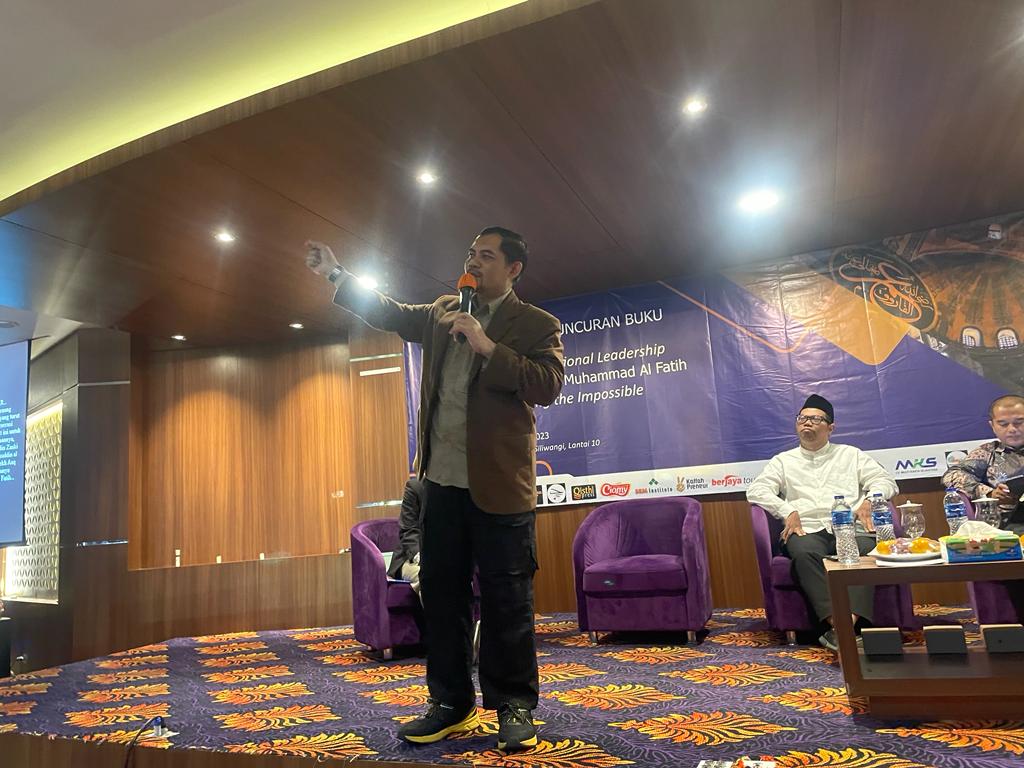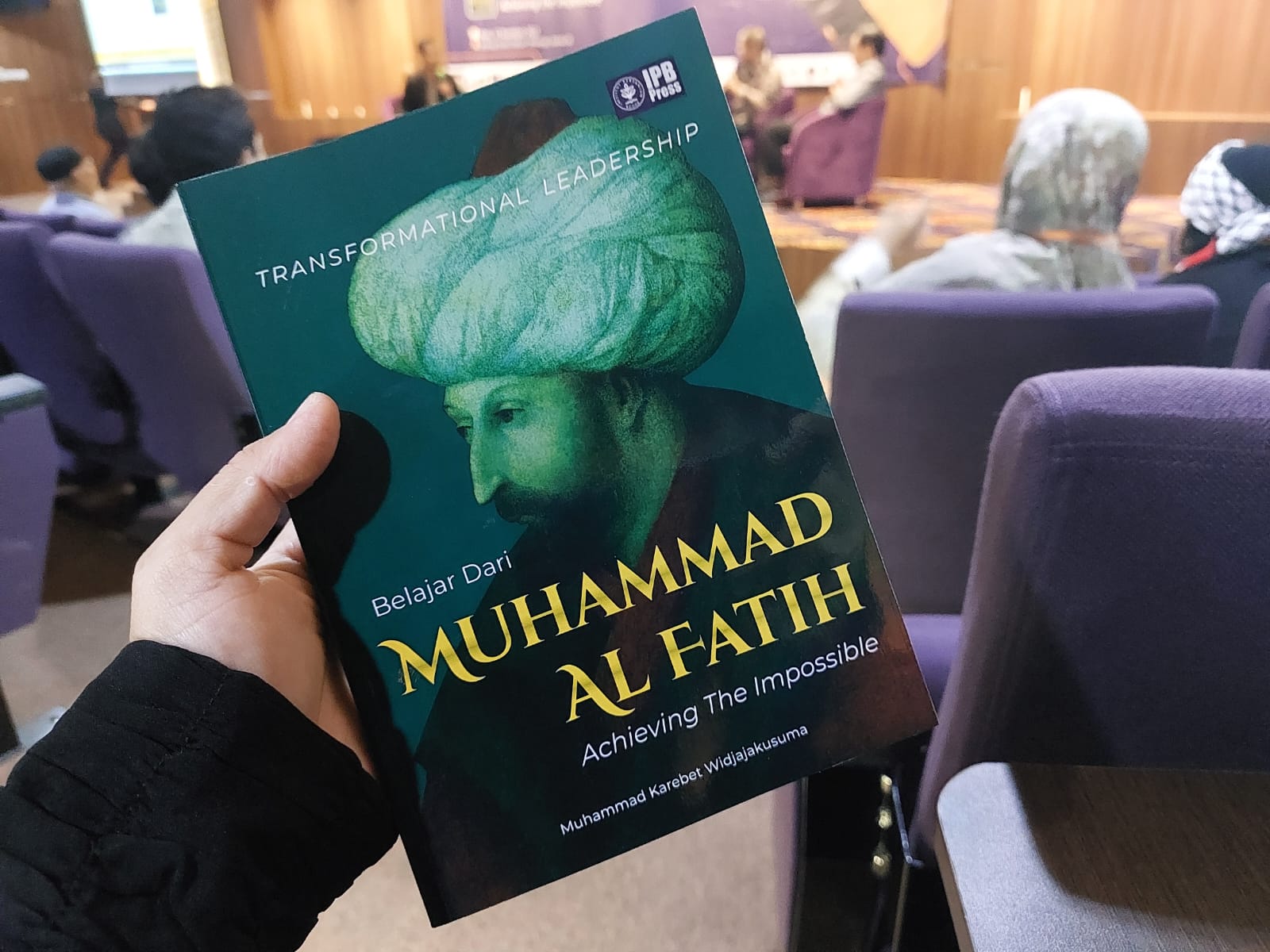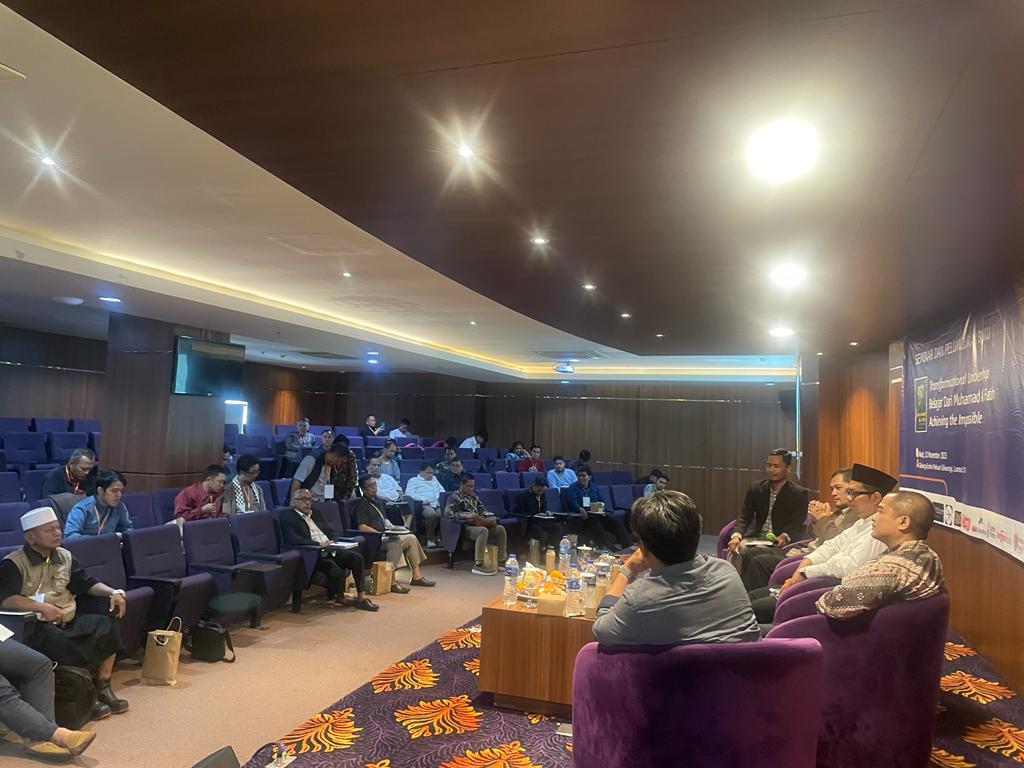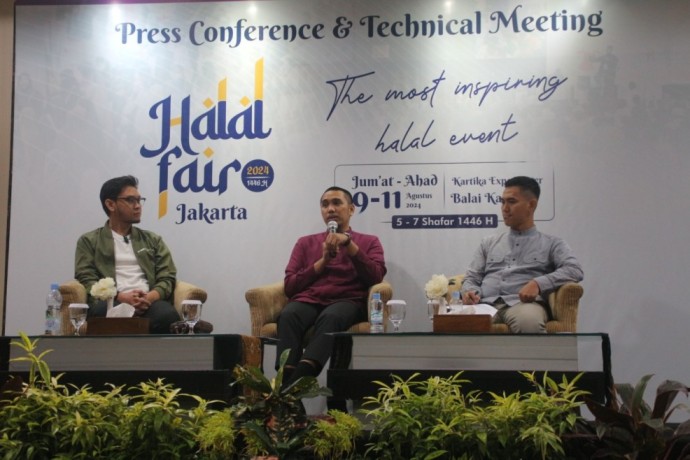Conqueror of Constantinople in 1453 legates transformational leadership model

The conqueror of Constantinople – which is now known as Istanbul in Turkiye – in 1453, Muhammad Al Fatih (1432-1481) demonstrated and legated a transformational leadership model.
Bogor, West Java (Indonesia Window) – The conqueror of Constantinople – which is now known as Istanbul in Turkiye – in 1453, Muhammad Al Fatih (1432-1481),demonstrated and inherited a transformational leadership model.
The history of the leadership of Muhammad Al Fatih, also known as Sultan Mehmed II, ruler of the Ottoman Caliphate (1300-1923), is narrated and explained scientifically in the book entitled ‘Kepemimpinam Transformasional Belajar Dari Muhammad Al Fatih, Achieving The Impossible’ (Transformational Leadership Learning from Muhammad Al Fatih, Achieving The Impossible), by Muhammad Karebet Widjajakusuma.
“Transformational leadership will bring and produce fundamental and major changes in the lives of followers, so it is also often called breakthrough leadership,” Karebet said at a seminar, launching his book here on Sunday.
He further explained that the key to Al Fatih’s success in liberating Constantinople from the rule of the Roman Empire when he was still 21 years old was the Islamic faith which became the basis for his worldview or paradigm/way of viewing, understanding and interpreting the world.
“Leadership models in the world have been introduced since 1900. Likewise, the transformational leadership model has existed since the 1970s to the 1990s,” said Karebet, who has been engaged in the management and strategic policy for years.
However, according to him, these well-known leadership models originate from Western thinkers who rely on materialistic and capitalistic values.
“Islamic values and ideas are not a source in Western leadership models. In this transformational leadership book, Learning from Muhammad Al Fatih, the leadership implemented by him and ultimately succeeding in liberating Constantinople with only one year of preparation and overnight execution, originates from Islam,” Karebet stressed.

According to him, although the transformational leadership model he developed was inspired by a Muslim figure, the values and experiences of Sultan Al-Fatih could be applied by anyone.
“However, indeed everything must come from Islamic beliefs which are the basis of the worldview, and this perspective on the world is an important requirement in carrying out a transformational leadership model to make ‘achieving the impossible’,” he said.

A number of historical literatures noted that the city of Constantinople, which was founded by the Roman emperor Constantine I in 324 as the capital of the Eastern Roman Empire, or Byzantine Empire, for more than 1,000 years, experienced many attacks, prolonged sieges, internal rebellions and occupation.
However, Constantinople remained resilient as it had a very tough defensive construction in its time, namely the multi-layered Theodosian Wall, which stretched for around 6.5 kilometers with many traps on each layer.
The city finally surrendered to Sultan Mehmed II’s troops in 1453.
Reporting by Indonesia Window










